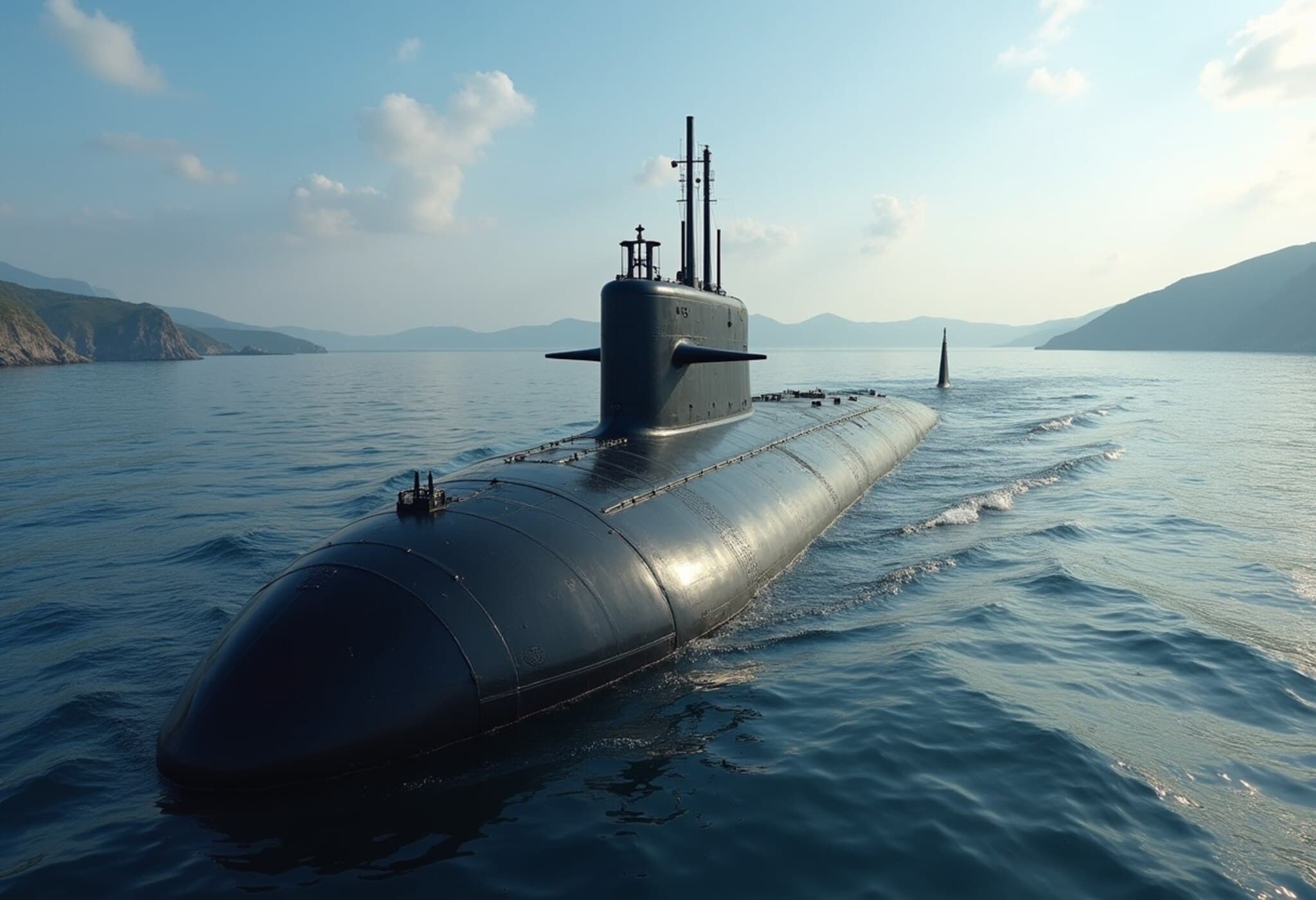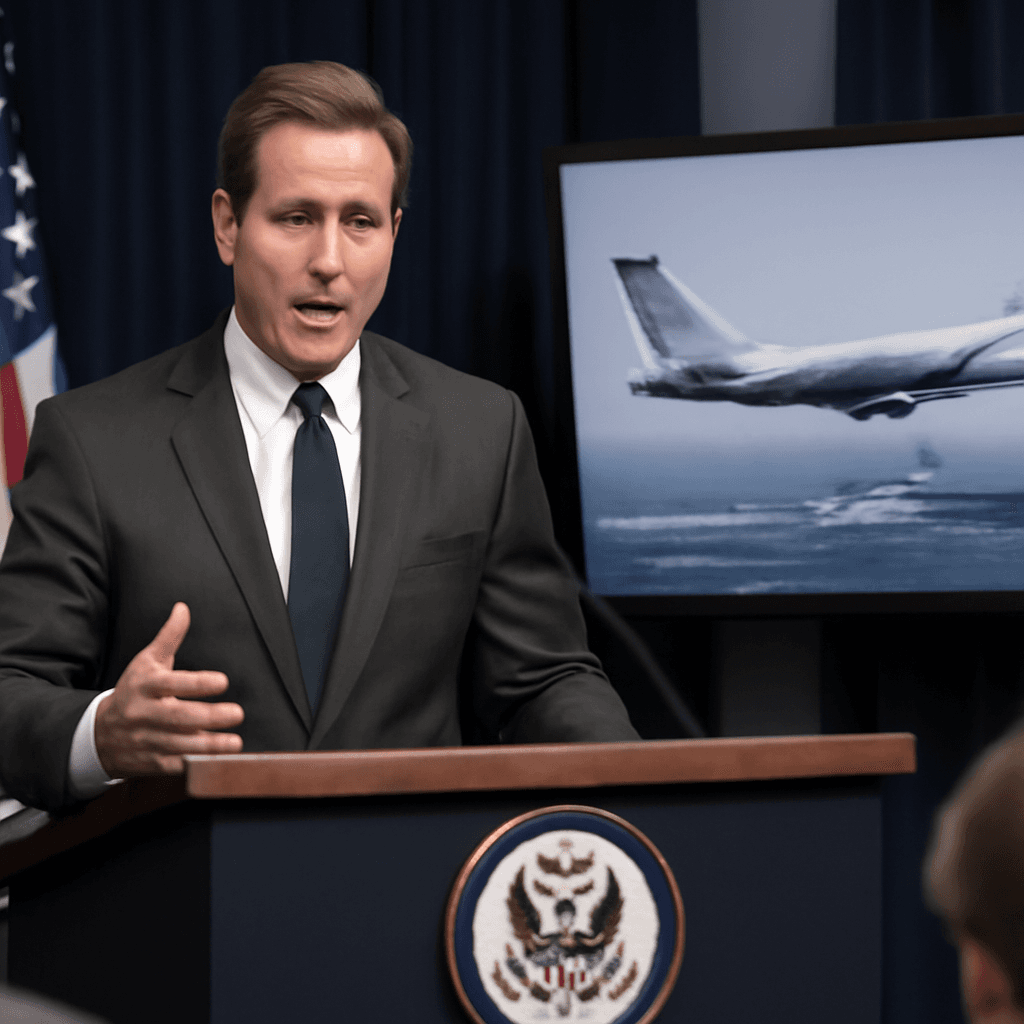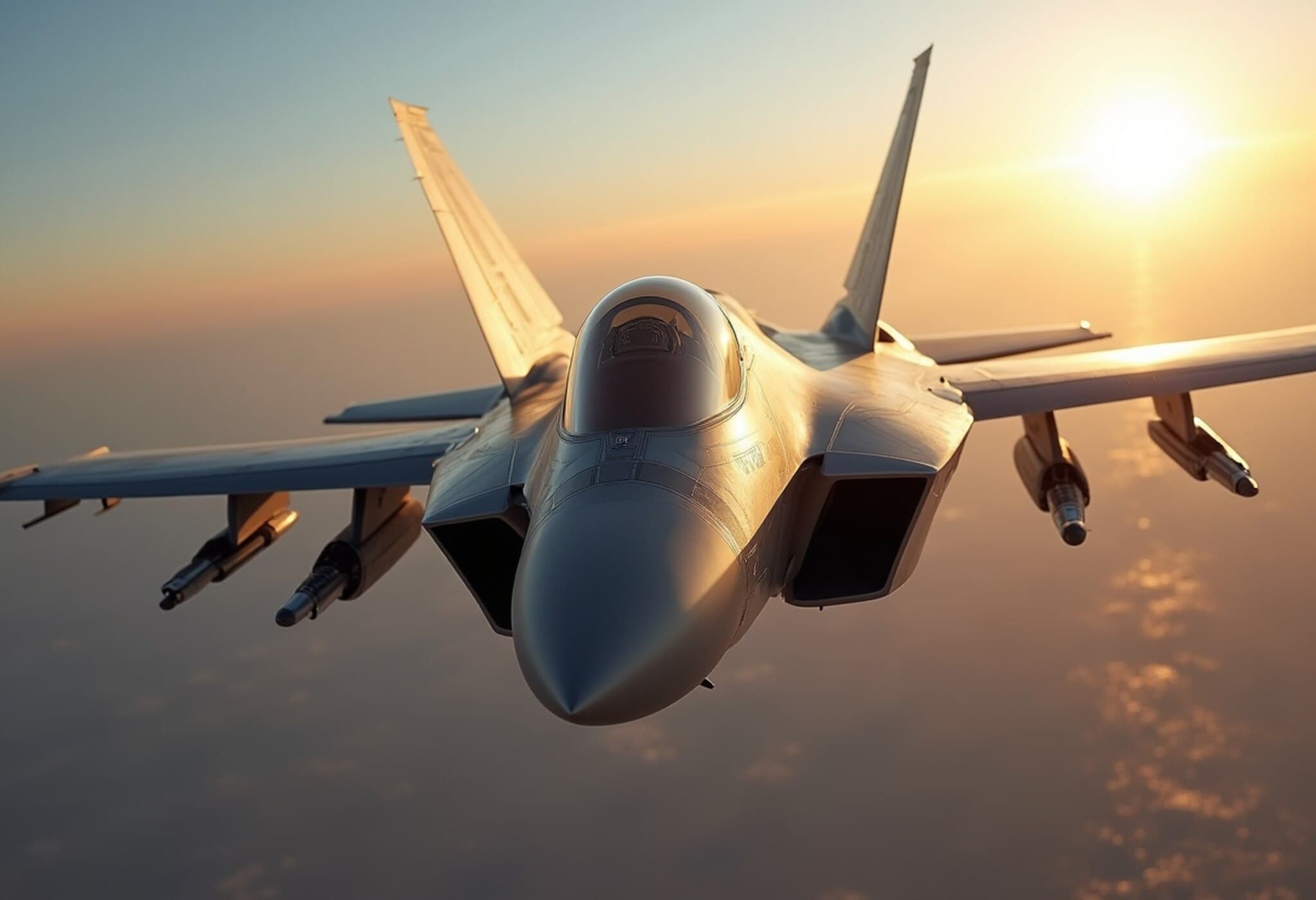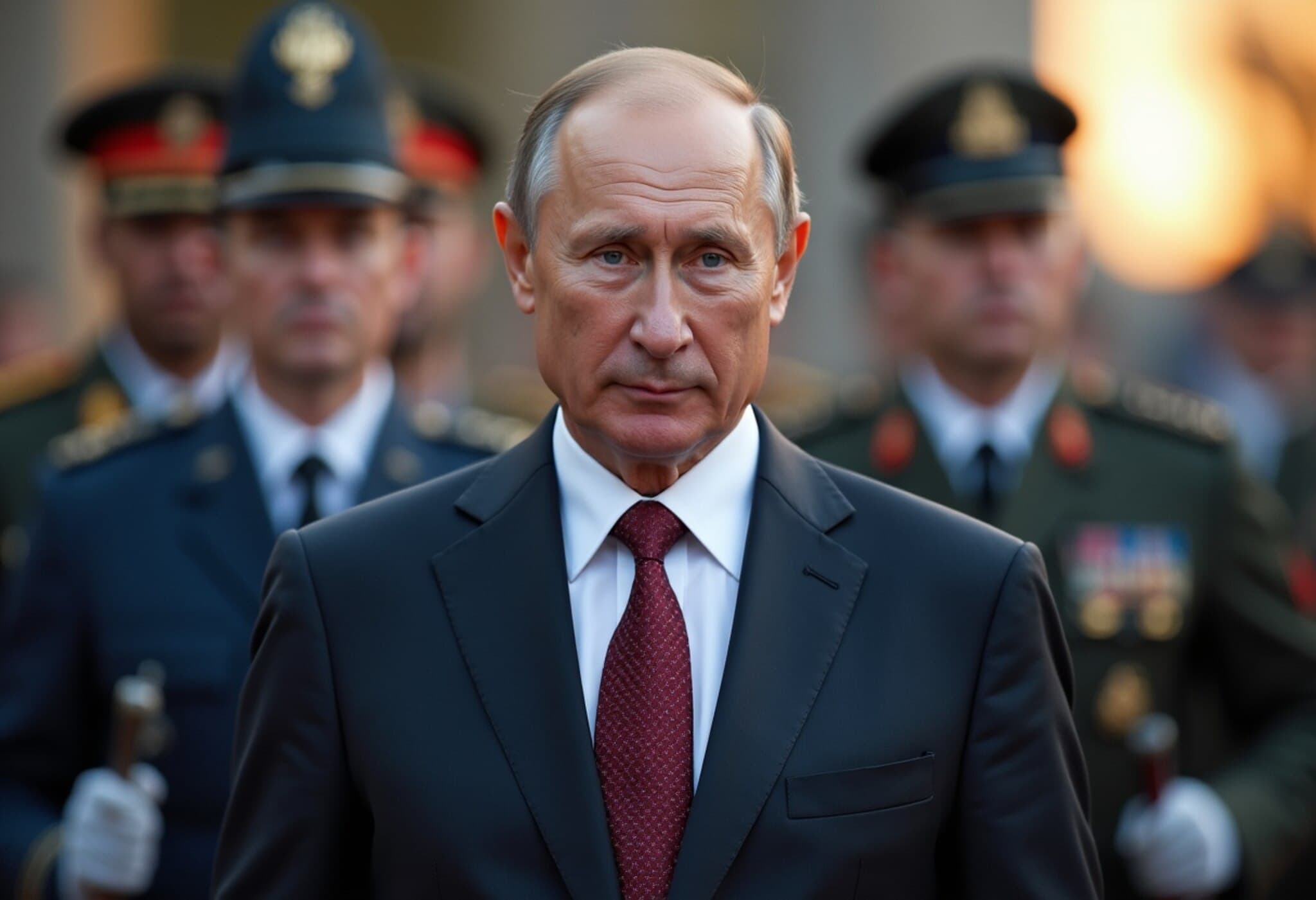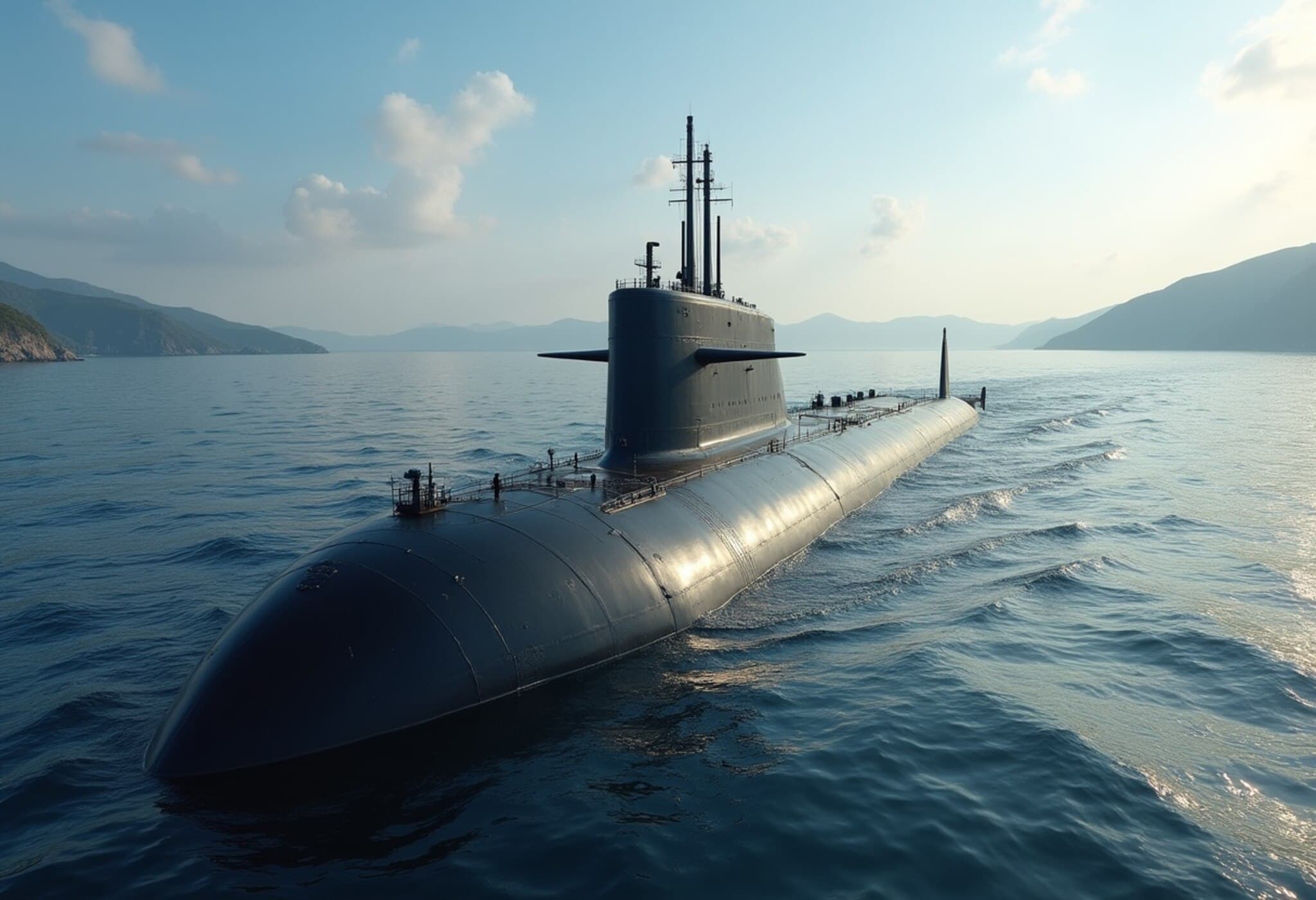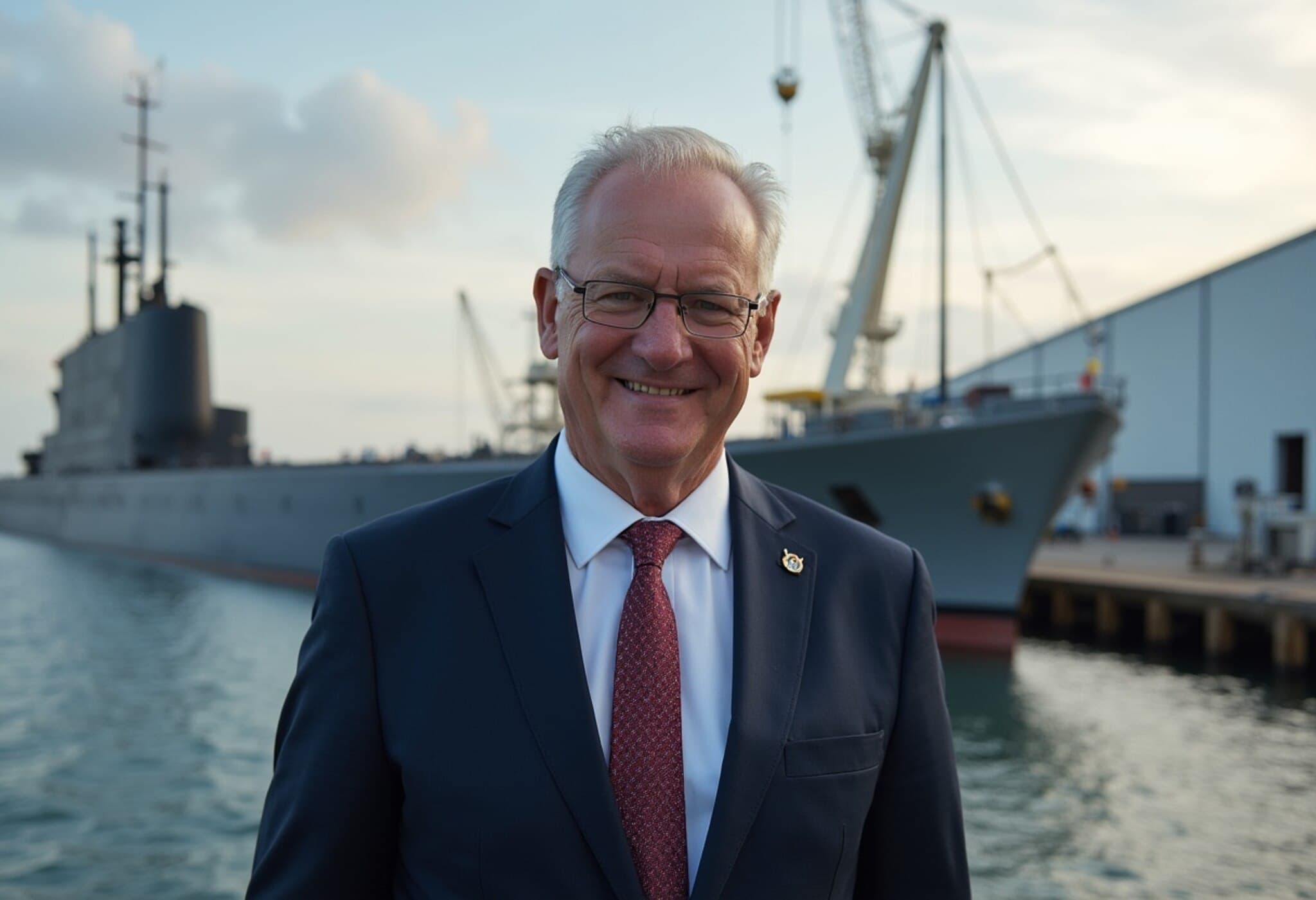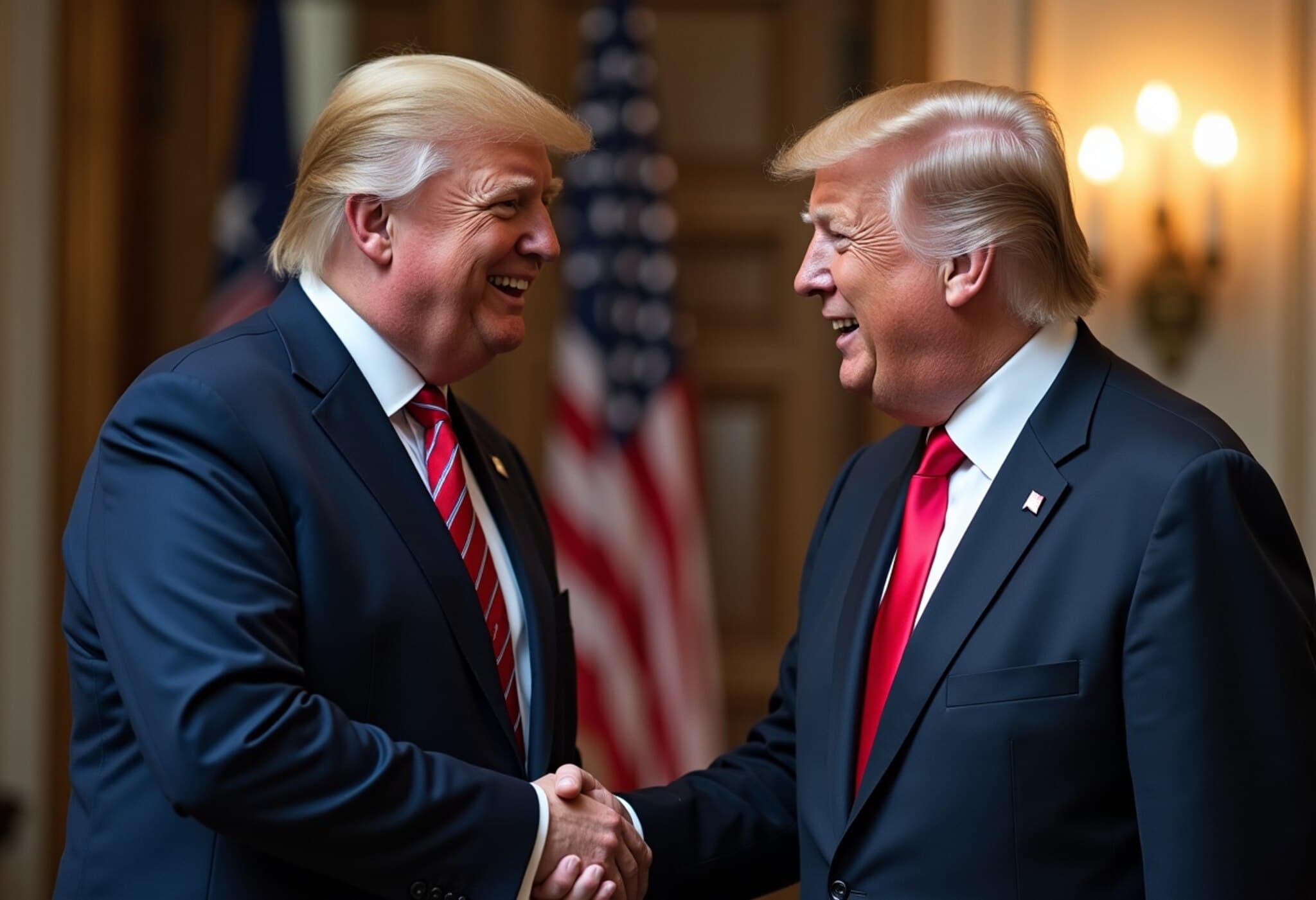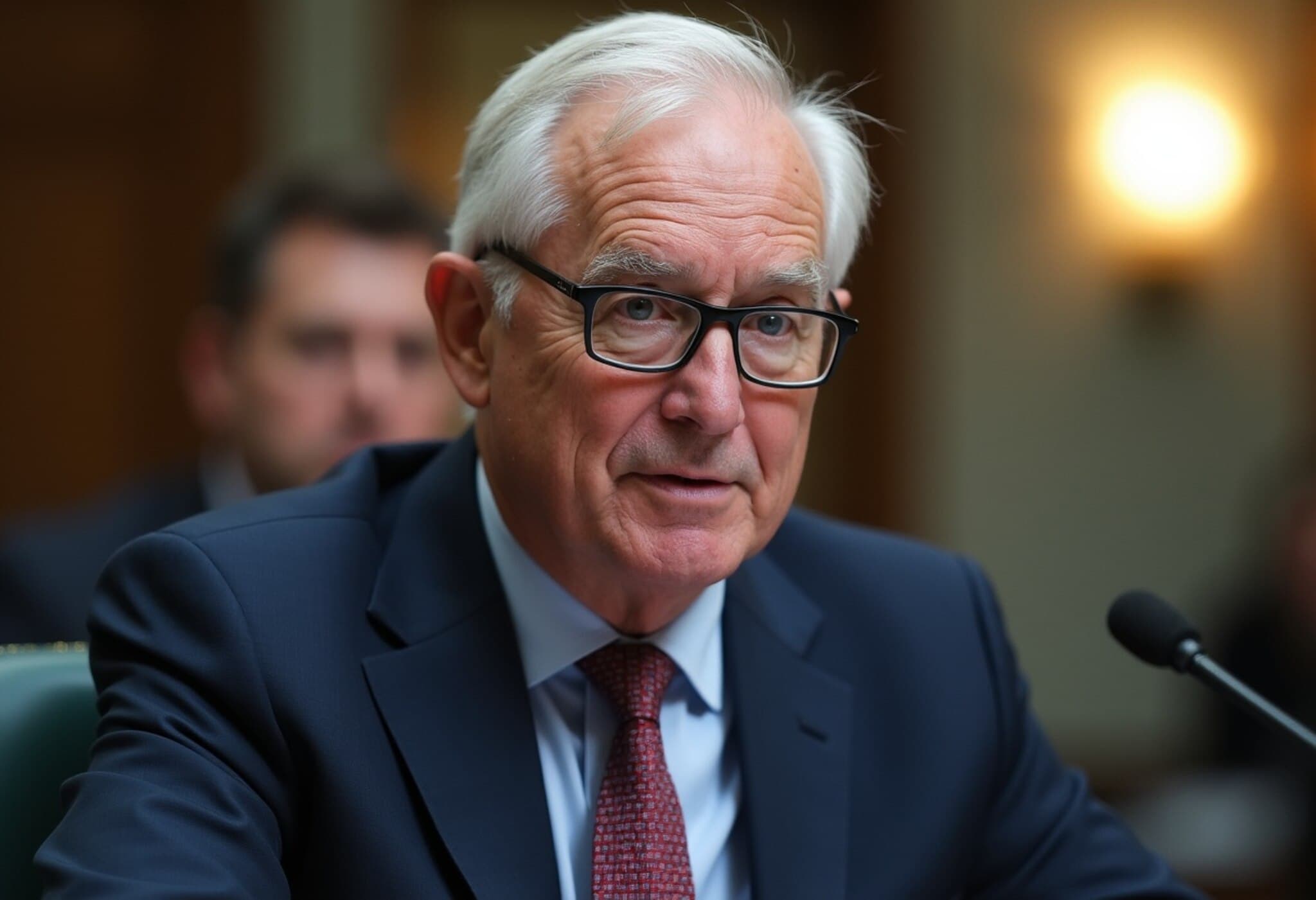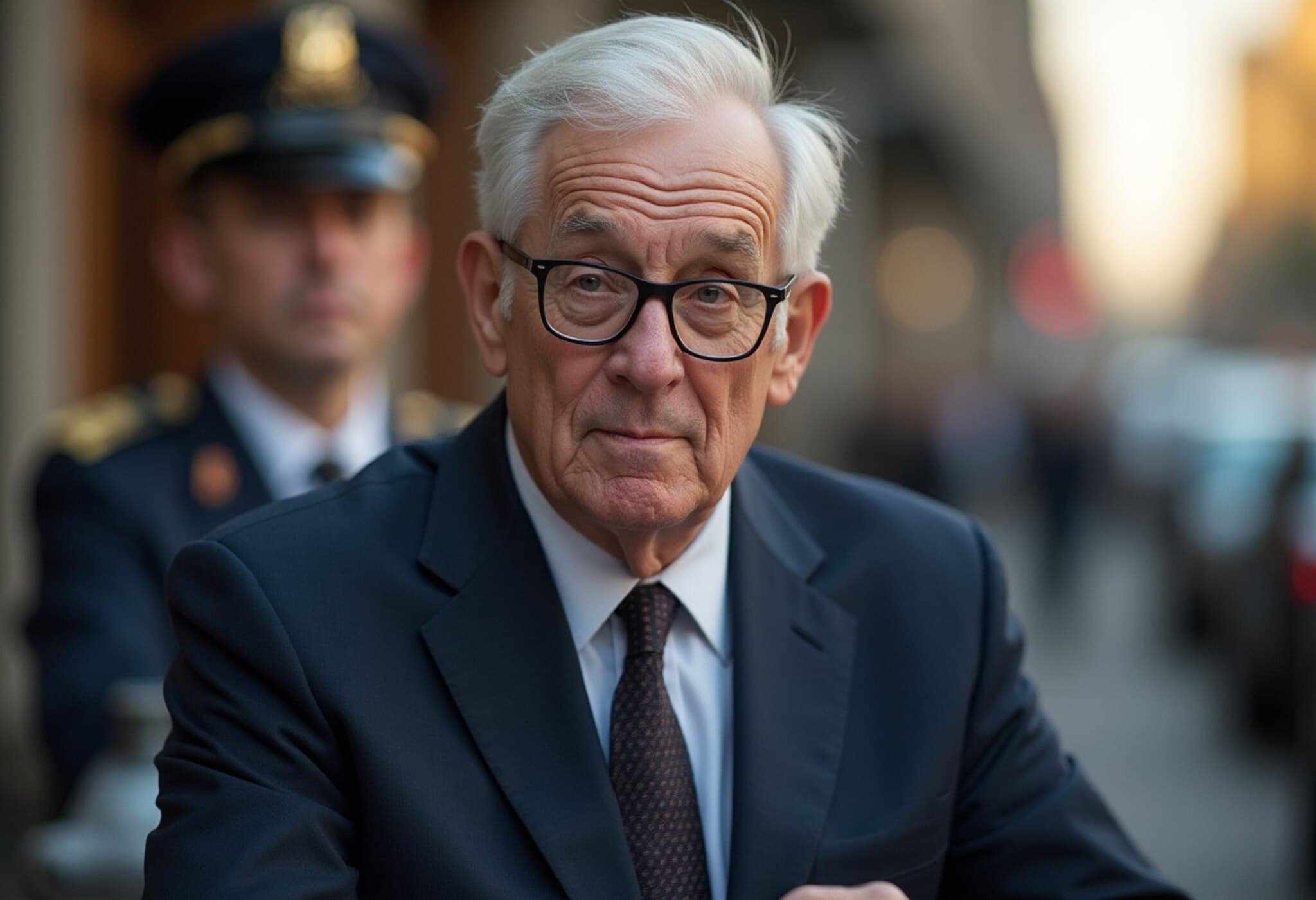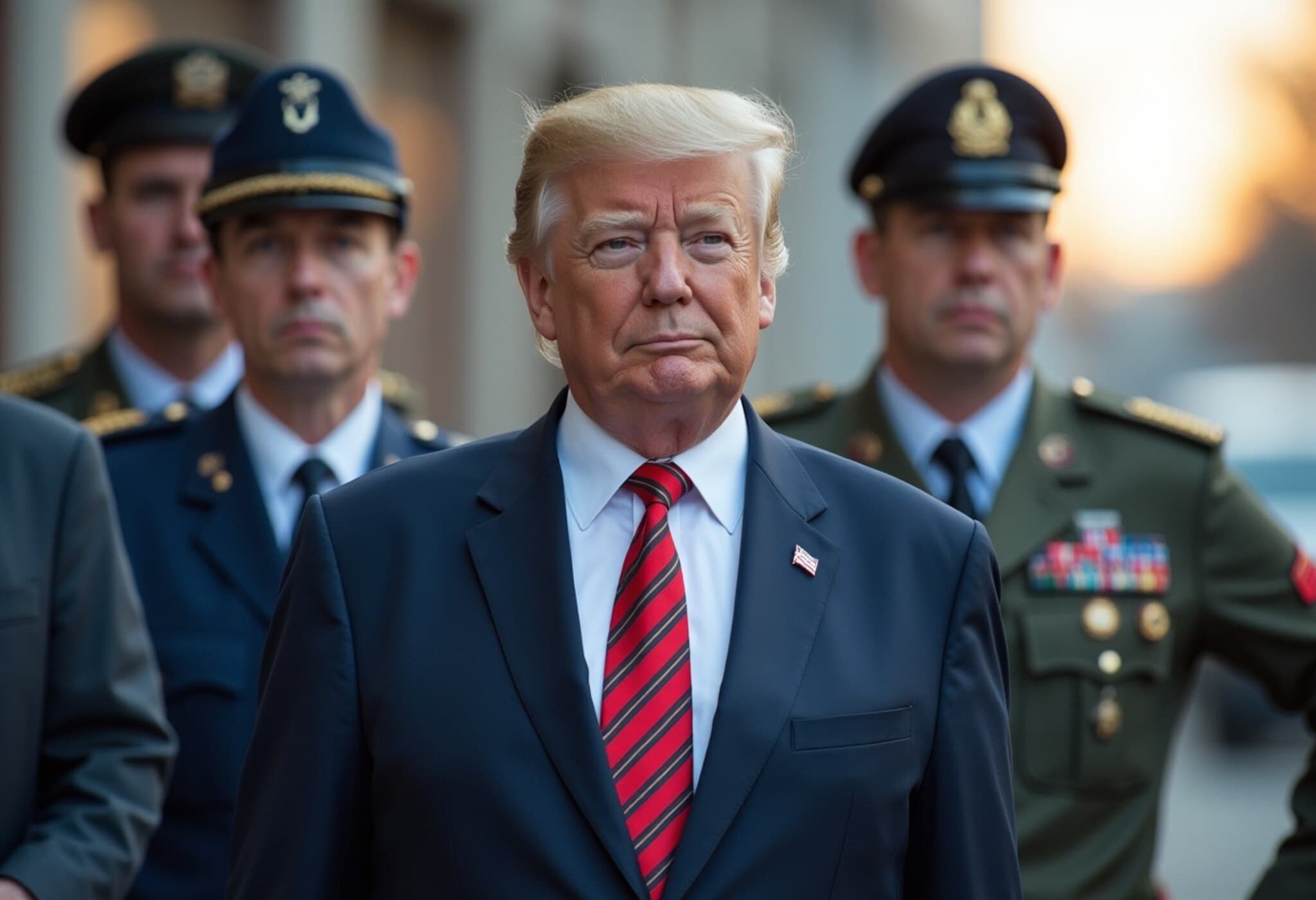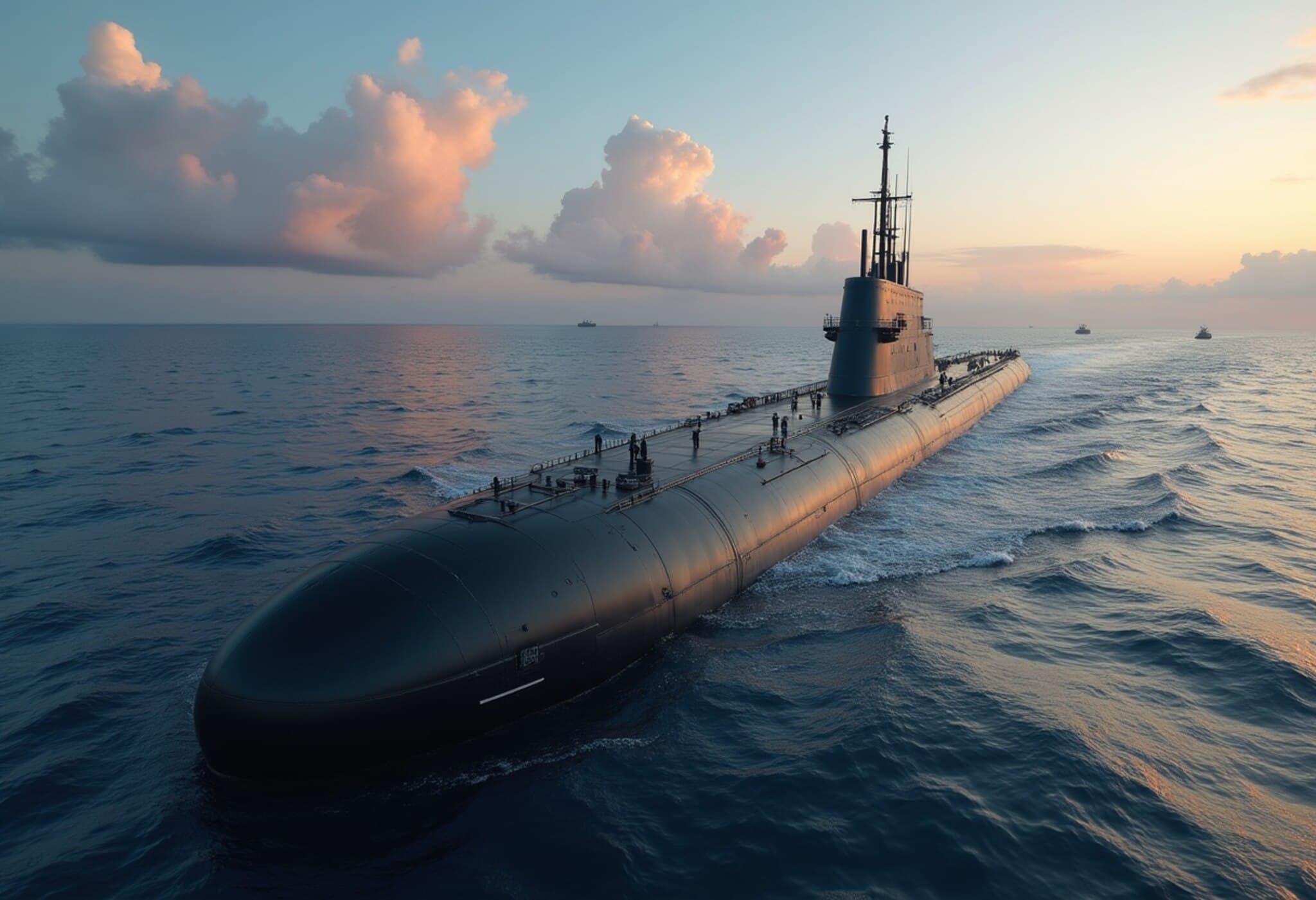US Pushes for Clear Stance on Australia’s Submarine Use in Potential Conflicts
Washington, July 13, 2025 — In a significant development reflecting the evolving dynamics of global defence alliances, the Pentagon has openly requested detailed assurances from Australia regarding the operational deployment of AUKUS nuclear-powered submarines should the United States engage in military conflict.
Understanding the Stakes Behind the $368 Billion AUKUS Deal
The AUKUS pact, a trilateral defence partnership between Australia, the United Kingdom, and the United States, includes a $368 billion agreement under which Australia will acquire advanced nuclear-powered submarines. As the US conducts an extensive review of this massive deal, a senior US defence official—speaking anonymously—emphasized Washington's need for clarity on how Australia intends to utilize these assets during crises, extending beyond the widely publicized scenario of conflict involving Taiwan.
“Public focus is often on Taiwan, but the reality is broader,” the official noted. “We’re discussing command structures, asset alignment, and above all, what Australia’s contributions look like in various scenarios. It’s vital we understand what we can expect.”
Four Pillars of the US’s Review: Command, Production, Posture, Spending
The review revolves around four core areas:
- Command structure: How will Australian forces integrate with US military operations?
- Production capacity: The US’s ability to manufacture and deliver submarines efficiently.
- Posture: Deployment locations and readiness of submarine fleets.
- Defence spending: Australia's commitment to bolstering its military investment.
US Officials Urge Australia and Allies to Increase Defence Contributions
US Undersecretary of Defence Elbridge Colby, who is leading the review, publicly urged allies such as Australia and Japan to "step up" in their defence commitments. Colby framed this as part of a broader agenda championed by former President Donald Trump to restore deterrence and preserve peace through strength.
“Some allies might find these frank talks uncomfortable,” Colby acknowledged, “but many are recognizing the urgent need to enhance defence postures. Australia is no exception.”
Reportedly, Colby has pressed Australia to provide either public declarations or confidential guarantees that its nuclear submarines would actively support the US in potential conflicts, particularly those concerning the Indo-Pacific region and Chinese military ambitions.
Defence Spending: Australia’s Role Under the Microscope
The review encapsulates growing US expectations for Australia to increase its defence budget significantly—from just above 2% to around 3.5% of GDP. Currently, Australia contributes approximately $4.7 billion toward this endeavour, but US Defence Secretary Pete Hegseth has expressed a desire for more substantial investment.
The Pentagon spokesperson, Sean Parnell, reinforced this viewpoint in a statement citing prominent US political commentator Hugh Hewitt, highlighting the essential nature of clear commitments from allies in the event of high-stakes crises.
“If we don’t know what our closest allies are genuinely committed to doing in a crisis, can they truly be called allies?” Hewitt questioned, a sentiment Parnell endorsed wholeheartedly.
Australian Prime Minister Responds Amid Political Crosscurrents
Prime Minister Anthony Albanese defended the AUKUS agreement, emphasizing its mutual benefits and highlighting Australia’s existing contributions to American submarine production capabilities. He also noted that former President Trump had not publicly criticized the pact.
The debate has garnered bipartisan attention in the US. Republican Senator Eric Schmidt questioned why similar assurances had not been demanded of allies sooner, while experts like Justin Logan from the Cato Institute underscored the risk of allies relying too heavily on US support without sufficient reciprocal commitment.
Experts Highlight Broader Geopolitical and Strategic Implications
Beyond the bilateral military considerations, these discussions have profound implications for US foreign policy, alliance management, and regional security balance, particularly in the increasingly tense Indo-Pacific theatre.
An important underreported angle is how these demands intersect with domestic political debates in Australia regarding sovereignty, military spending priorities, and the nation’s long-term strategic autonomy.
What Lies Ahead?
The Pentagon’s review continues, framed as a “good faith” effort to align shared defence objectives. Yet, the path forward is complex, with competing interests and influential stakeholders expressing private concerns about the roadmap for AUKUS’s implementation.
As the dialogue unfolds, all eyes remain on Canberra and Washington to see how this critical alliance adapts to new global realities — balancing deterrence, diplomacy, and the demands of collective security in an era marked by geopolitical volatility.
Editor’s Note:
The Pentagon’s call for clearer Australian commitments regarding AUKUS submarines underscores a deeper strategic recalibration in US alliances. As Australia faces pressure to increase its defence spending and clarify operational roles, questions arise about the sustainability of current defence partnerships and the future shape of Indo-Pacific security. Readers should watch how domestic Australian debates over sovereignty and military expenditure evolve amid these international demands, and how the US balances its "America First" agenda with alliance expectations.

